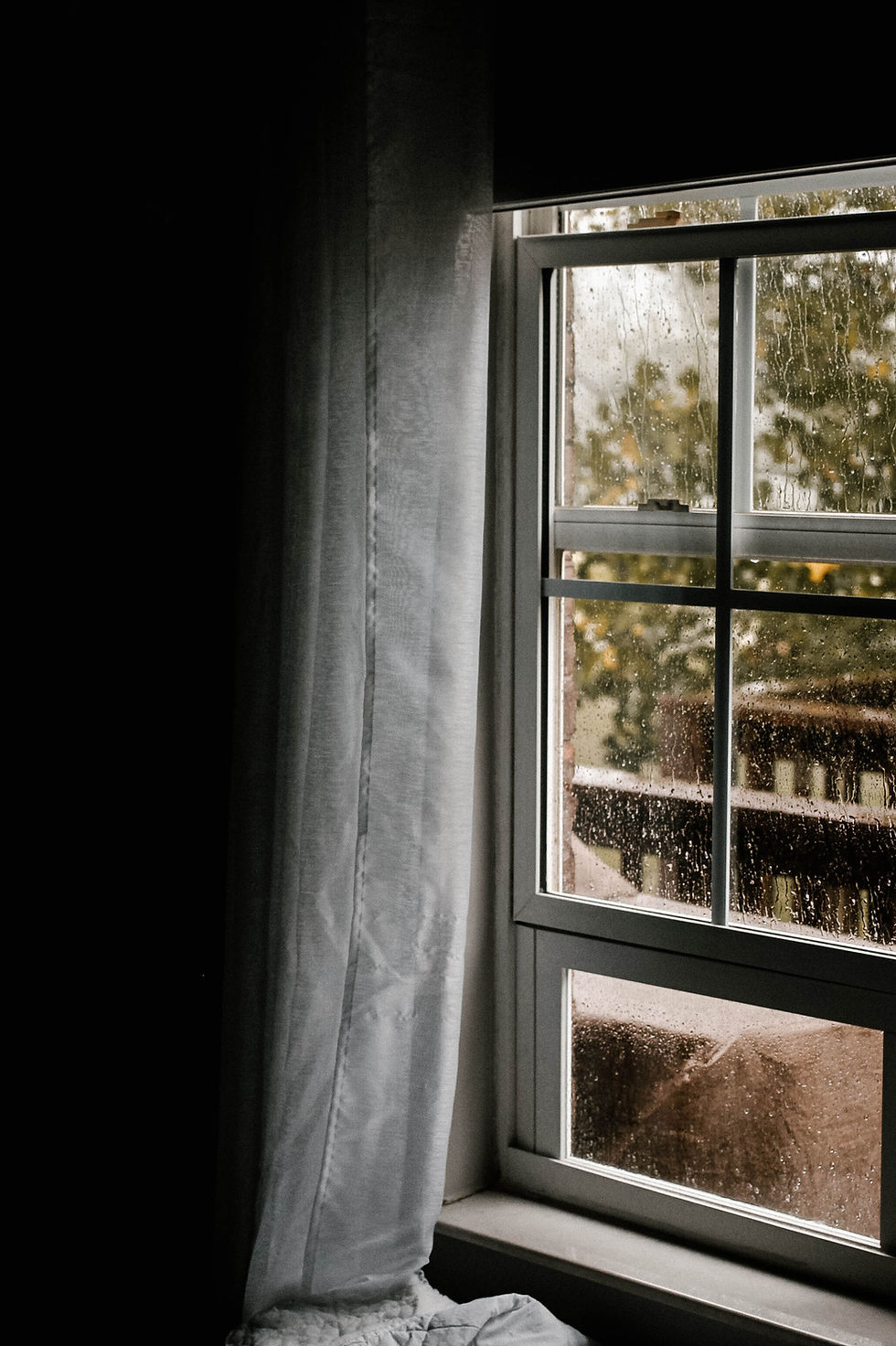Home Window Tinting - Exploring the Benefits and Considerations
- callowayhomeimprov
- Jul 27, 2023
- 3 min read
Updated: May 13, 2025

As homeowners, we are often looking for ways to improve the comfort, energy efficiency, and privacy of our living spaces. One option that has gained popularity over the years is home window tinting. Tinting home windows is not only a style statement but also offers a range of practical benefits. In this article, we will explore the advantages of tinting home windows, the different types of window films available, important factors to consider, the tinting process, and whether you should choose a professional service or attempt a DIY approach.
Understanding Window Tinting
Home window tinting is the process of applying a thin film to the interior or exterior surface of a window. This film is designed to regulate the amount of light that passes through the glass, controlling heat and glare, and offering various additional benefits.
Advantages of Tinting Home Windows
1 Increased Energy Efficiency
One of the primary benefits of window tinting is its ability to improve the energy efficiency of your home. The tinted film acts as an insulator, reducing heat transfer through the windows. This helps maintain a comfortable indoor temperature, especially during hot summers and cold winters, resulting in potential energy savings on cooling and heating costs.
2 UV Ray Protection
Window tinting provides a protective shield against harmful ultraviolet (UV) rays from the sun. These rays can cause furniture, flooring, and other interior elements to fade over time. Additionally, UV rays can be harmful to your skin, and tinted windows offer an extra layer of protection for you and your family.
3 Enhanced Privacy and Security
Tinted windows add an element of privacy to your home, preventing outsiders from peering into your living spaces. This increased privacy can be especially beneficial for homes located near busy streets or in densely populated neighborhoods. Moreover, window tinting makes it more challenging for potential intruders to see the contents inside your home, enhancing security.
4 Glare Reduction
Glare from direct sunlight can be bothersome, especially when you're trying to work on a computer or watch television. Window tinting significantly reduces glare, making your living spaces more comfortable and conducive to various activities.
Types of Window Tinting Films
There are several types of window films available in the market, each with its unique characteristics and benefits.
1 Dyed Window Films
Dyed window films are one of the most affordable options and work by absorbing solar heat. They add a dark tint to the windows, enhancing privacy, and reducing glare. However, dyed films are less effective at heat reduction compared to other options.
2 Metalized Window Films
Metalized window films are infused with metallic particles that reflect heat and UV rays away from the windows. They offer excellent heat reduction and are more durable than dyed films. However, they may interfere with electronic signals and radio frequencies.
3 Ceramic Window Films
Ceramic window films are known for their superior heat rejection properties without compromising visibility. They are non-metallic and non-conductive, making them suitable for modern homes with various electronic devices.
4 Hybrid Window Films
Hybrid window films combine the benefits of dyed and metalized films. They offer good heat reduction, glare control, and improved visibility. However, they may not be as effective as ceramic films in terms of heat rejection.
Factors to Consider Before Tinting
Before proceeding with window tinting, there are several crucial factors to consider.
Local Regulations
Check your local regulations and homeowner association rules regarding window tinting. Some areas have restrictions on the level of tinting allowed, especially for front-facing windows.
2 Home Aesthetics
Consider how the window tint will complement your home's exterior and interior aesthetics. Choose a tint color and shade that harmonizes well with your overall design.
3 Window Material
The type of window you have (single-pane, double-pane, or Low-E glass) can affect the effectiveness and longevity of the window tint. Discuss with a professional to find the best option for your specific windows.
4 Professional Installation
While stores such as Amazon offers many DIY kits, it's recommended to opt for professional installation to ensure a precise and seamless application.
Green Energy LLC does not offer the application of window tints - however, if you are interested in tinted replacement windows, please contact us.
Conclusion
In conclusion, tinting your home windows can offer numerous benefits, including increased energy efficiency, UV ray protection, enhanced privacy, and glare reduction. By understanding the different types of window tinting films and considering essential factors, you can make an informed decision about whether to tint your windows. Whether you choose a professional installation or opt for a DIY approach, window tinting can significantly enhance the comfort and functionality of your living spaces.




Comments